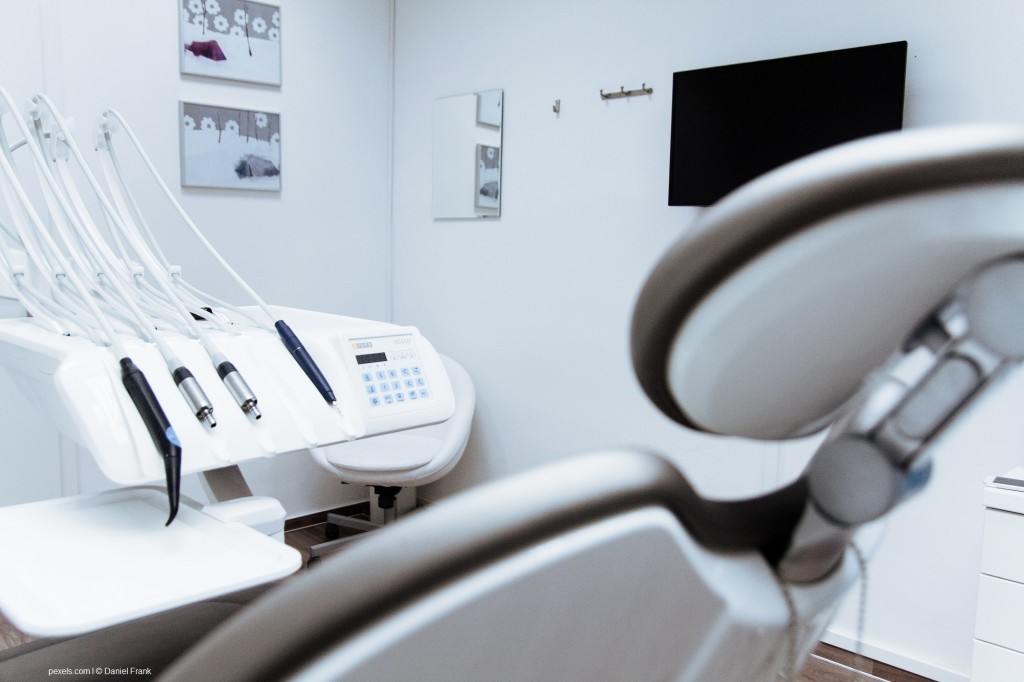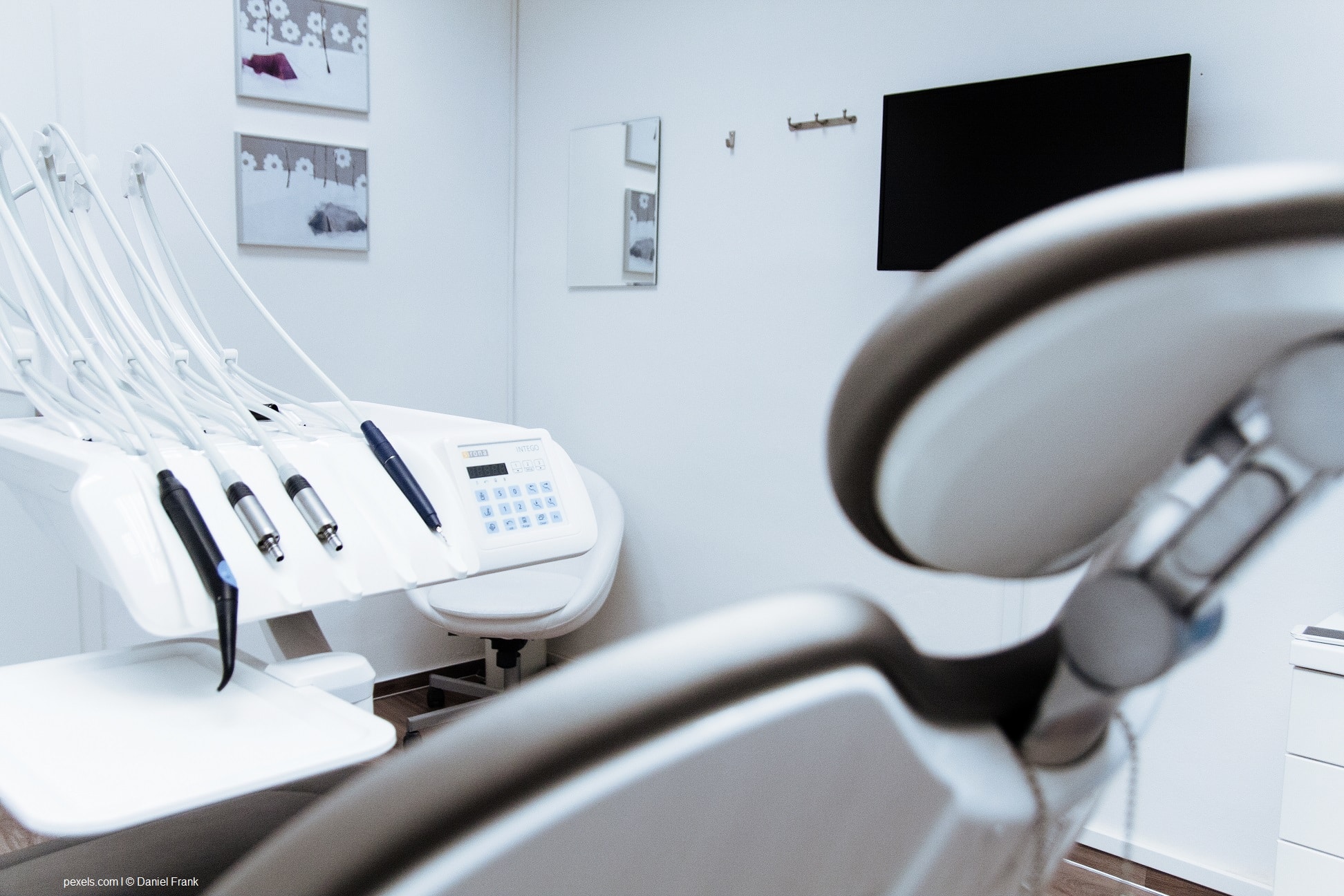Many HIV-positive people experience discrimination in the healthcare sector of all places, i.e. where they are most likely to expect competent, professional handling of their infection. We spoke to those affected who have turned to AIDS-Hilfe. Kerstin Mörsch is a full-time campaigner for the equal treatment of people with HIV.
There it was: small, round, red. The red dot was at the foot of his hospital bed and on his medical records, which the doctors brought with them on their rounds. Everyone could see it. Not just Malte Schmidt*, but also the patients he shared the room with, the cleaners and the ambulance staff. As he was the only one with the red dot, he signalled to everyone: Attention, this patient is different. Malte knew immediately that the marking had nothing to do with the planned routine procedure. The red dot was a symbol of his HIV infection.
Not an isolated case
The incident stayed with him - even after his hospitalisation. Malte went to Deutsche AIDS-Hilfe and met Kerstin Mörsch there. The social worker heads the HIV-related discrimination contact centre, which was set up in 2013. She knows: "The practice of marking medical records and even hospital beds is unfortunately widespread."
Together, they contacted the hospital and asked for a statement. And indeed: the hospital justified the procedure to indicate to the medical staff that "special protective measures had to be taken". In Malte's case, it was because of his HIV infection. The case is doubly bad - and wrong. Firstly, it constitutes a breach of data protection. Kerstin Mörsch considers such incidents to be anything but trivial. "It has a completely different social impact if a person is outed as HIV-positive against their will than if those around them only found out that they had broken their foot on a skiing holiday." On the other hand, HIV does not require any special protective or hygiene measures. Standard hygiene measures are completely sufficient.
Clinic was warned
Malte and the contact point decided to involve the state's data protection officer. This officer has the right to investigate processes in hospitals for data protection violations and to issue warnings to the management. The effort paid off: the hospital agreed to stop making special markings. An unannounced inspection of the hospital confirmed the hospital's statements. Malte Schmidt will hopefully have been the last patient there to be stigmatised in this way.
Ignorance of infection routes
Eva Barnickel* experienced her hospitalisation as downright humiliating. The IT specialist was hospitalised there for a routine operation, just like Malte. But why was there a mobile toilet in the bathroom that Barnickel shared with another patient? The answer to this question shocked Eva Barnickel: "It was supposed to be a precautionary measure for my room neighbour. They were actually worried that the virus could be transmitted from the toilet seat," recalls the 47-year-old, who still seems upset months after the experience.
"Unfortunately, we see time and again that hospitals are insensitive to the topic of HIV," confirms Kerstin Mörsch. In the case of Eva Barnickel, this was by no means just the nursing staff. The patient discussed the issue with the doctors on every ward round and fell on deaf ears. She was told that staff and other patients had to be protected. In the end, Barnickel arranged a meeting with the head physician. He decided that the portable toilet should be removed.
Focal point dental practice
In the first two years of its existence, the HIV-related discrimination contact centre advised around 130 positive people. Two-thirds of them came forward because they felt discriminated against in a hospital, doctor's surgery or other area of the healthcare system. Those affected complained about dental practices with above-average frequency. "In specialist practices, which come into contact with HIV relatively rarely, there is obviously a lack of realistic assessment of the risks," says Kerstin Mörsch. In addition, unlike many other medical practitioners, patients are asked to fill out a questionnaire at the dentist and disclose their HIV status.
That's exactly what Barbara Schwielow* had done: ticked the box for "Infectious diseases, e.g. HIV". The 55-year-old businesswoman had turned up for an appointment with a dentist and now looked into the astonished face of the receptionist. "The young woman became visibly nervous and disappeared into the treatment room with the questionnaire," reports Schwielow. "After a while, she came back and told me in a whisper that I had to make a new appointment." Barbara Schwielow argued with the receptionist and finally asked to speak to the doctor in person. "All in front of the patients - but I didn't care. I was incredibly angry."
Appointment at the end of the day
"If patients come out as positive, some dentists react with unnecessary risk management," explains Kerstin Mörsch. For example, people with HIV are generally given the last appointment of the day or another marginal appointment. The reason given by the practices is that they have to clean all equipment, the treatment chair and even the treatment room after treatment. "But that's not true," assures the head of the HIV-related discrimination contact centre. "The standard hygiene measures that are necessary for all patients are completely sufficient." The Robert Koch Institute has also been emphasising this for many years.
Regulations as an excuse
The dentist referred Barbara Schwielow to her regulations and stuck to her offer of a marginal appointment. The resolute businesswoman then asked AIDS-Hilfe for support. Together, Barbara Schwielow and Kerstin Mörsch formulated a complaint and provided the dentist with information material. A few days later, the doctor rang AIDS-Hilfe and was put through to Kerstin Mörsch: She had enquired and would dispense with the special cleaning in future. There would no longer be fringe appointments for positive people.
Dentists receive information material
"I was pleased that the doctor changed her mind," says Kerstin Mörsch, "but we are facing a structural problem here that cannot be solved by individual phone calls." This is why Deutsche AIDS-Hilfe has approached the German Dental Association. Together, the two institutions have produced training and information materials for dentists and dental assistants. And to ensure that the knowledge is actually disseminated, the materials are not only available on the Internet. A brochure entitled "Don't be afraid of HIV, HBV and HCV" is also being sent out by post to 54,000 dental practices in Germany.
* The names of the persons concerned have been changed by the editors.

The German AIDS service organisation Deutsche AIDS-Hilfe has sent a brochure entitled "Don't be afraid of HIV, HBV and HCV" to the German Dental Association - by post to 54,000 dental practices in Germany.










